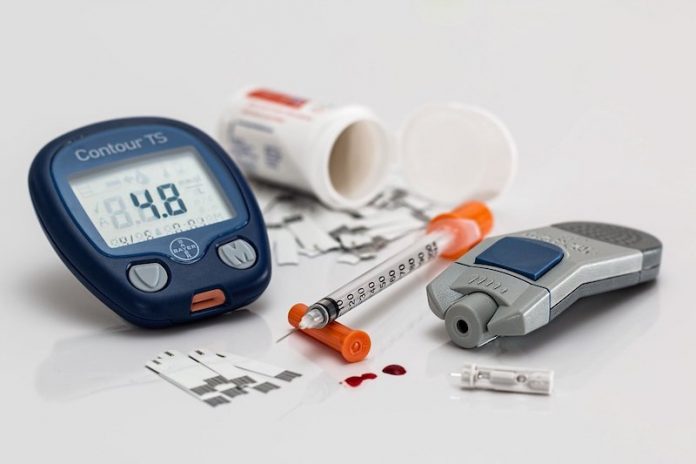
In a new study, researchers found how an effective but largely abandoned treatment for Type 2 diabetes could be used again in combination with another drug to eliminate problematic side effects.
The research was conducted by a team at UT Southwestern.
Rosiglitazone, sold under the brand name Avandia, won Food and Drug Administration approval in 1999 and became a leading treatment for Type 2 diabetes, capable of increasing insulin sensitivity and glucose tolerance.
It fell out of favor after studies raised concerns about the risk of a heart attack in some patients, as well as a risk for osteoporosis and evidence of increased weight gain and fluid retention.
In 2010, responding to studies reporting an increased risk of a heart attack in rosiglitazone patients, the FDA issued prescribing and dispensing restrictions on the drug.
Those were lessened in 2013 and removed entirely in 2015 after the FDA determined the data did not show an increased risk of heart attack with rosiglitazone.
However, the usage of rosiglitazone has remained low.
In this study, the researchers show how adding a second, experimental drug referred to as Compound A activates a receptor in fat cells and certain immune system cells called the G protein-coupled receptor 120 (GPR120) to complement the effects of rosiglitazone and allow a lower dose to be used.
The team says additional research is needed to check for bone loss and heart problems at the lower dose, but those effects too could likely be eliminated or lessened by reducing the dosage of rosiglitazone.
The team says although there are other drugs to treat Type 2 diabetes, this drug is very effective. But at the same time, there are still serious side effects, including weight gain, fluid retention, and more.
They hope to be able to use rosiglitazone at lower doses to treat Type 2 diabetes patients in a more effective way without side effects.
According to the Centers for Disease Control and Prevention, about 34 million Americans suffer from diabetes, and 90 to 95 percent of those cases are Type 2 diabetes.
The disease can lead to kidney or heart disease and stroke and can be fatal.
One author of the study is Dayoung Oh, Ph.D., an assistant professor of internal medicine
The study is published in Cell Metabolism.
Copyright © 2020 Knowridge Science Report. All rights reserved.



